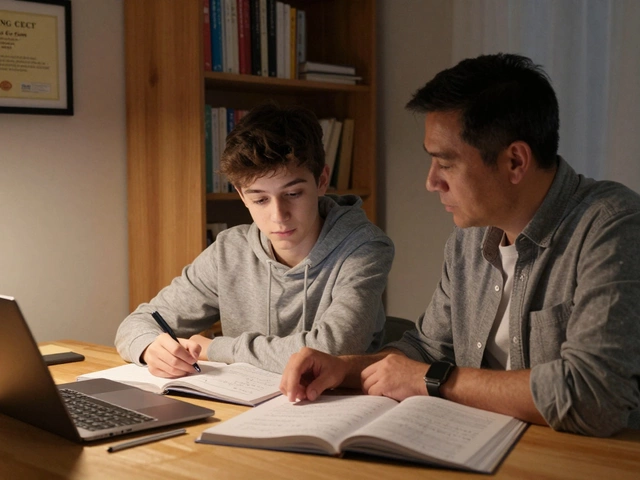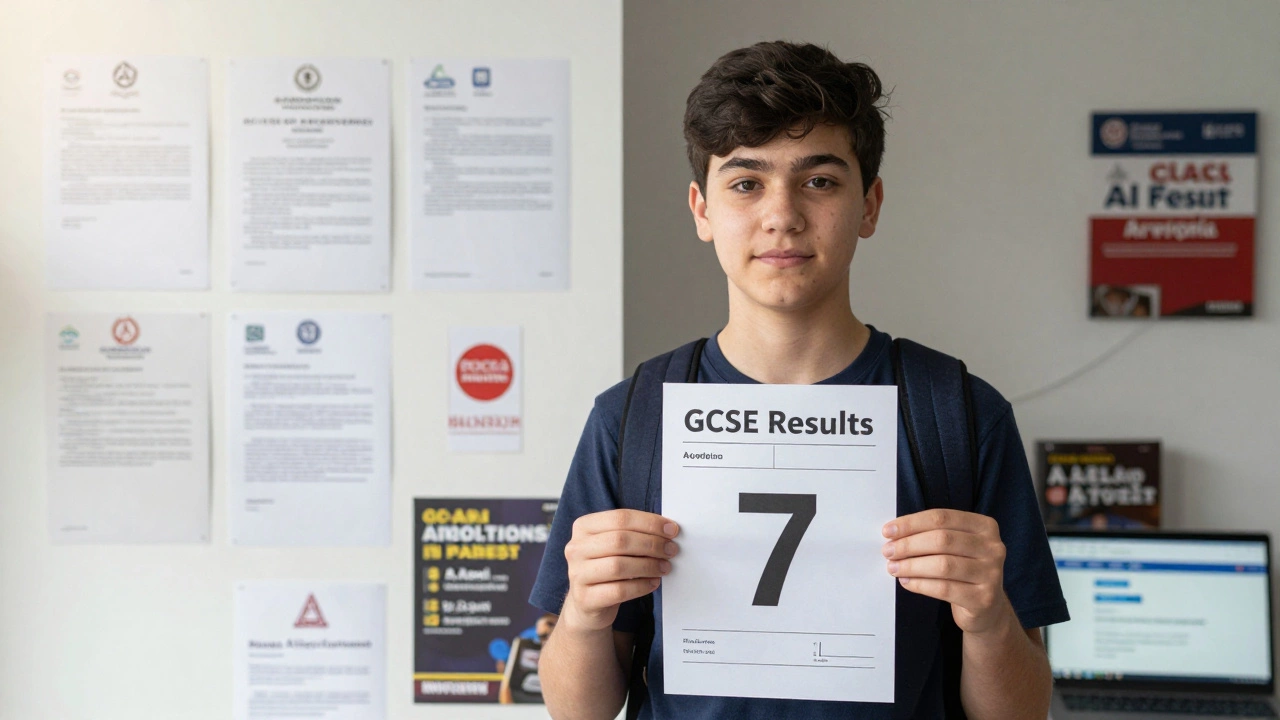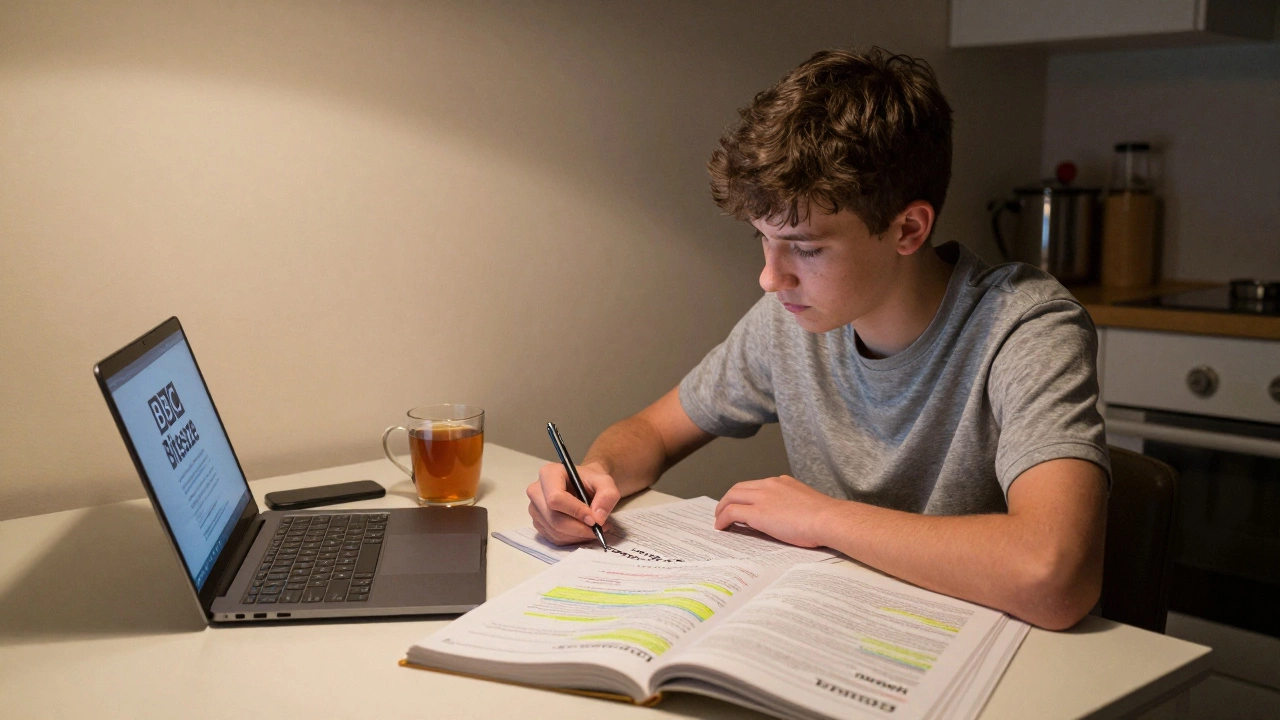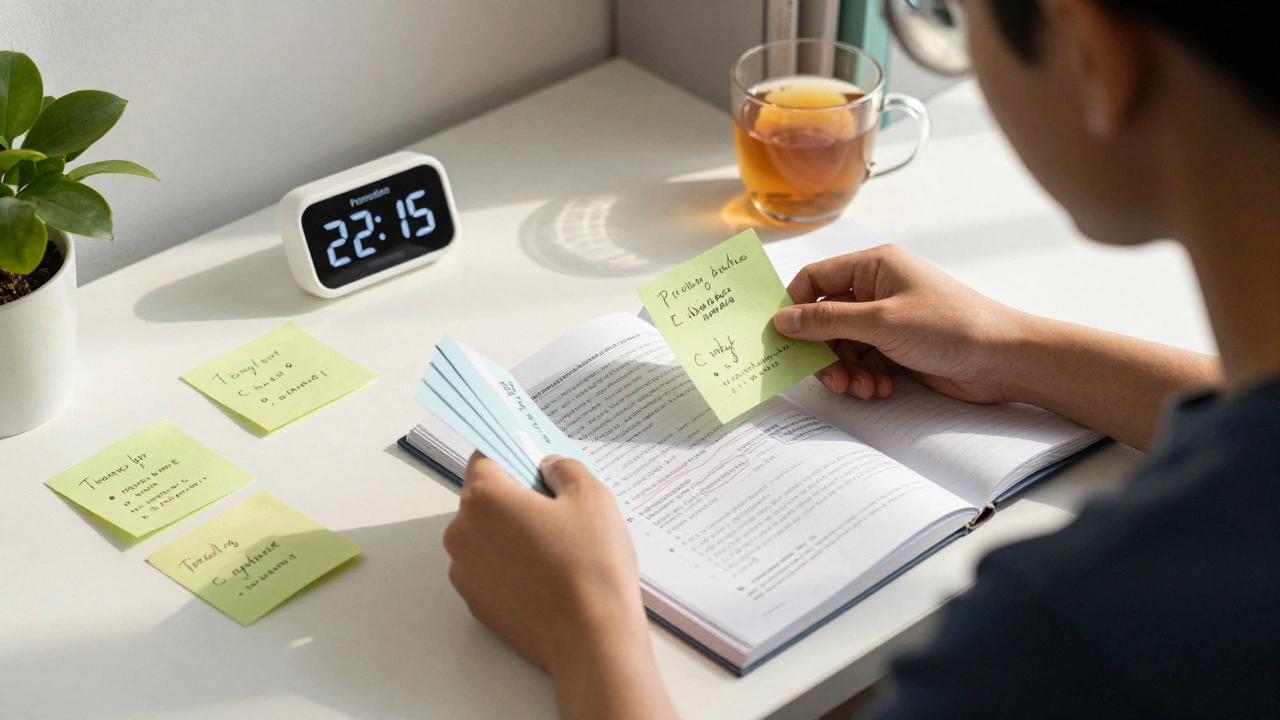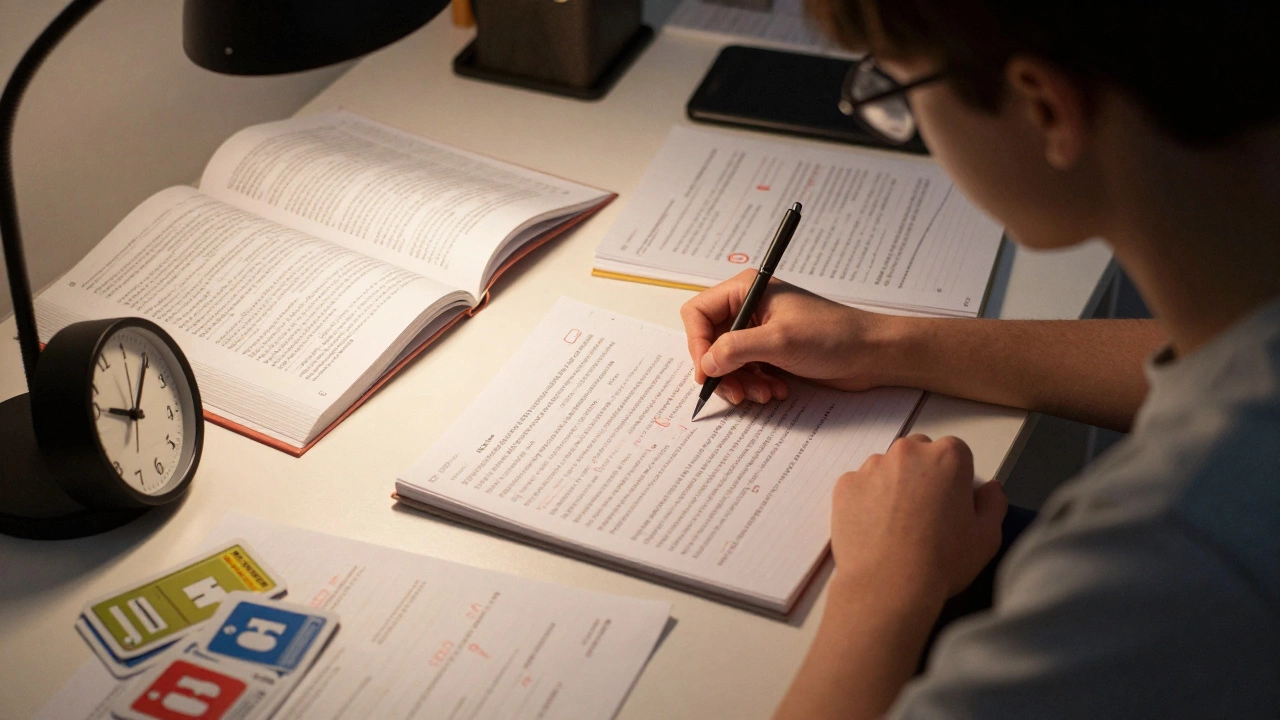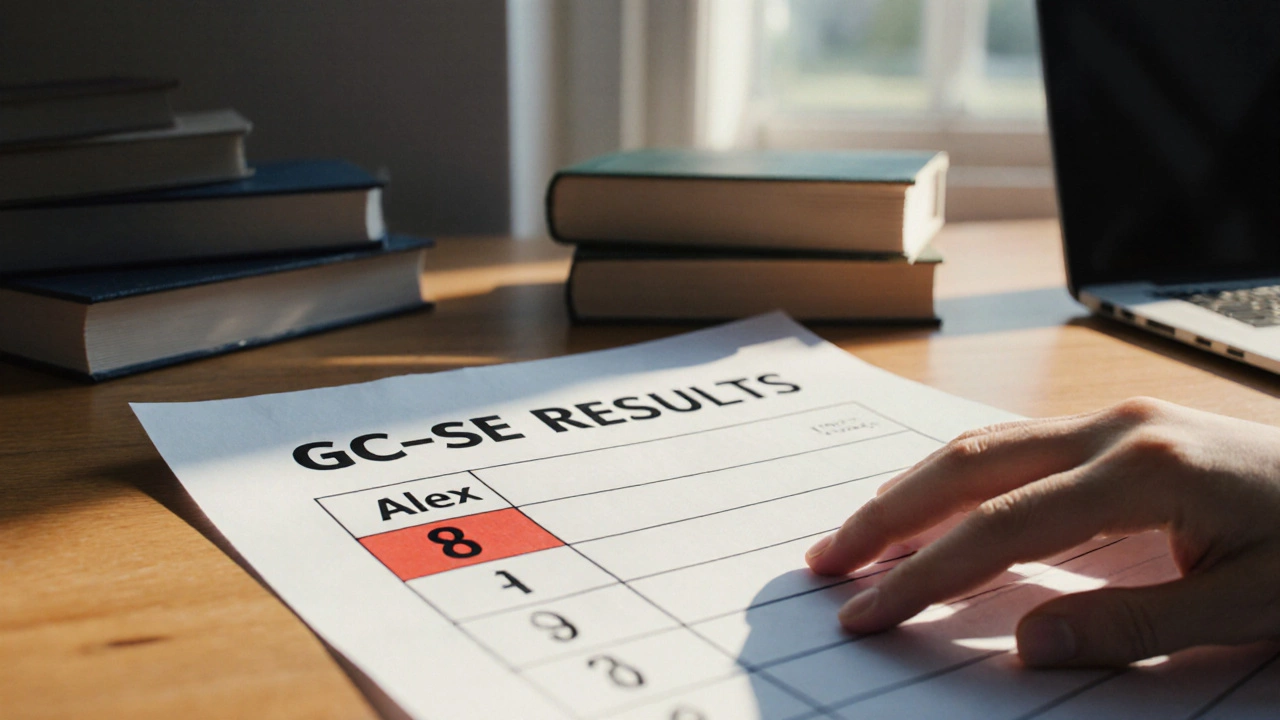GCSE Revision: Practical Tips to Boost Your Scores
Feeling the pressure of upcoming GCSEs? You’re not alone. Most students wonder how to fit everything into a tight timetable and still keep stress low. The good news is you don’t need a magic formula – just a clear plan, a few proven tricks, and a willingness to stick to them.
Plan Your Revision Schedule
Start by listing every subject and the topics you need to cover. Break each subject into bite‑size chunks – a chapter, a set of questions, or a specific skill. Then decide how many days you have left and work backwards. A simple rule that works for many is the 2‑3‑5‑7 method: review a topic after 2 days, again after 3 days, then 5 days, and finally 7 days. This spaced repetition helps the brain move info from short‑term to long‑term memory.
Put the chunks into a calendar. Reserve the hardest subjects for when you’re most alert – usually early in the day. Use short, 45‑minute blocks followed by a 10‑minute break. The break isn’t wasted time; it resets your focus and prevents burnout.
Don’t forget to schedule a mock exam each week. Pick past papers, set a timer, and treat it like the real thing. After each mock, spend 15 minutes noting what went wrong and where you need more practice. Those notes become your next revision targets.
Proven Study Techniques
Active recall beats passive reading every time. Instead of re‑reading notes, close the book and try to write down everything you remember. Check against the source and fill the gaps. Flashcards work well for facts, formulas, or definitions – just shuffle them regularly.
Another easy trick is the “teach‑back” method. Explain a concept out loud as if you’re teaching a friend. If you stumble, you’ve found a weak spot that needs more work. You can even record yourself and replay the audio later.
For subjects heavy on practice – like maths or science – do lots of typed or handwritten questions. Aim for variety: start with easier examples, then move to tougher ones. When you get a question right, note why it was easy. When you get it wrong, write a short explanation of the error. This habit turns mistakes into learning moments.
Keep your workspace tidy and free from distractions. Put your phone on silent or use an app that blocks social media for the duration of each study block. A clean desk helps your mind stay focused.
Finally, look after your body. Sleep, food, and movement matter more than you think. A 30‑minute walk after a study session can improve memory retention. Aim for at least 7 hours of sleep; the brain consolidates everything you learned while you rest.
By combining a structured schedule with active study methods, you’ll feel more in control and see steady improvement. Start today, tweak the plan as you go, and keep the end goal in sight – confidence on exam day and the grades you want.

